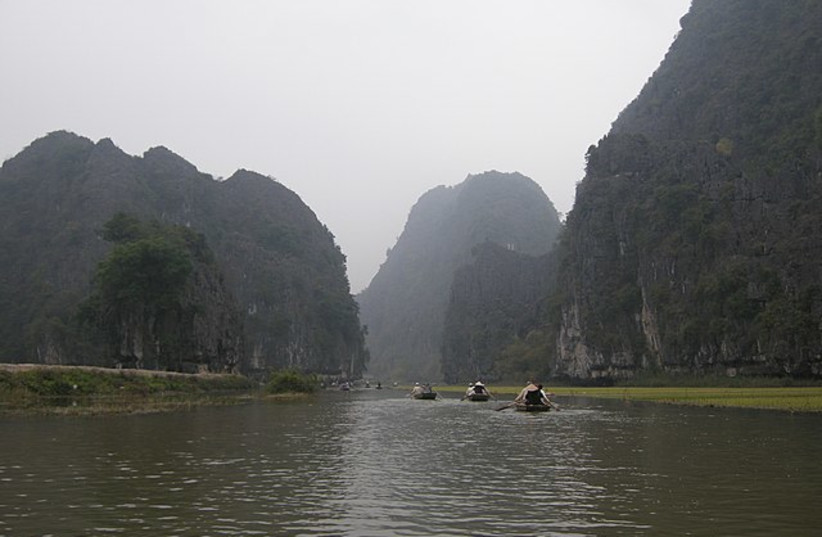A new study has recommended that more effort be made to increase the captive populations of endangered species as part of conservation efforts.
The research findings were published in the peer-reviewed science journal Nature Conservation and was published by a team from German and Vietnamese universities.
“Modern zoos, as well as local facilities, can play a crucial role in... conducting or financially supporting in situ conservation projects"
Prof. Dr. Thomas Ziegler, Cologne zoo
The study discussed 50 species under acute threat, including the psychedelic rock gecko, which faces loss of habitat and overharvesting alongside 484 species of reptiles.
Some 74 of the species listed are considered under threat of extinction, 34 of which are found only in Vietnam.
“Modern zoos, as well as local facilities, can play a crucial role in not only conducting or financially supporting in situ conservation projects, that is to say in nature, but also by protecting species from extinction through maintaining ex-situ assurance colonies to reinforce in situ conservation programs,” Prof. Dr. Thomas Ziegler, a coordinator at Cologne zoo and member of the Vietnamese conservation team said.

Biodiversity in Vietnam
Vietnam has a wide variety of species, many of which are only found there, particularly in the central region. The country has many protected wildlife areas, however many of the species, including the psychedelic rock gecko are found primarily or exclusively outside these zones.
Reptiles have a strong impact on the local ecosystem and are therefore considered by the authors of the study as a key priority for all future conservation efforts.
